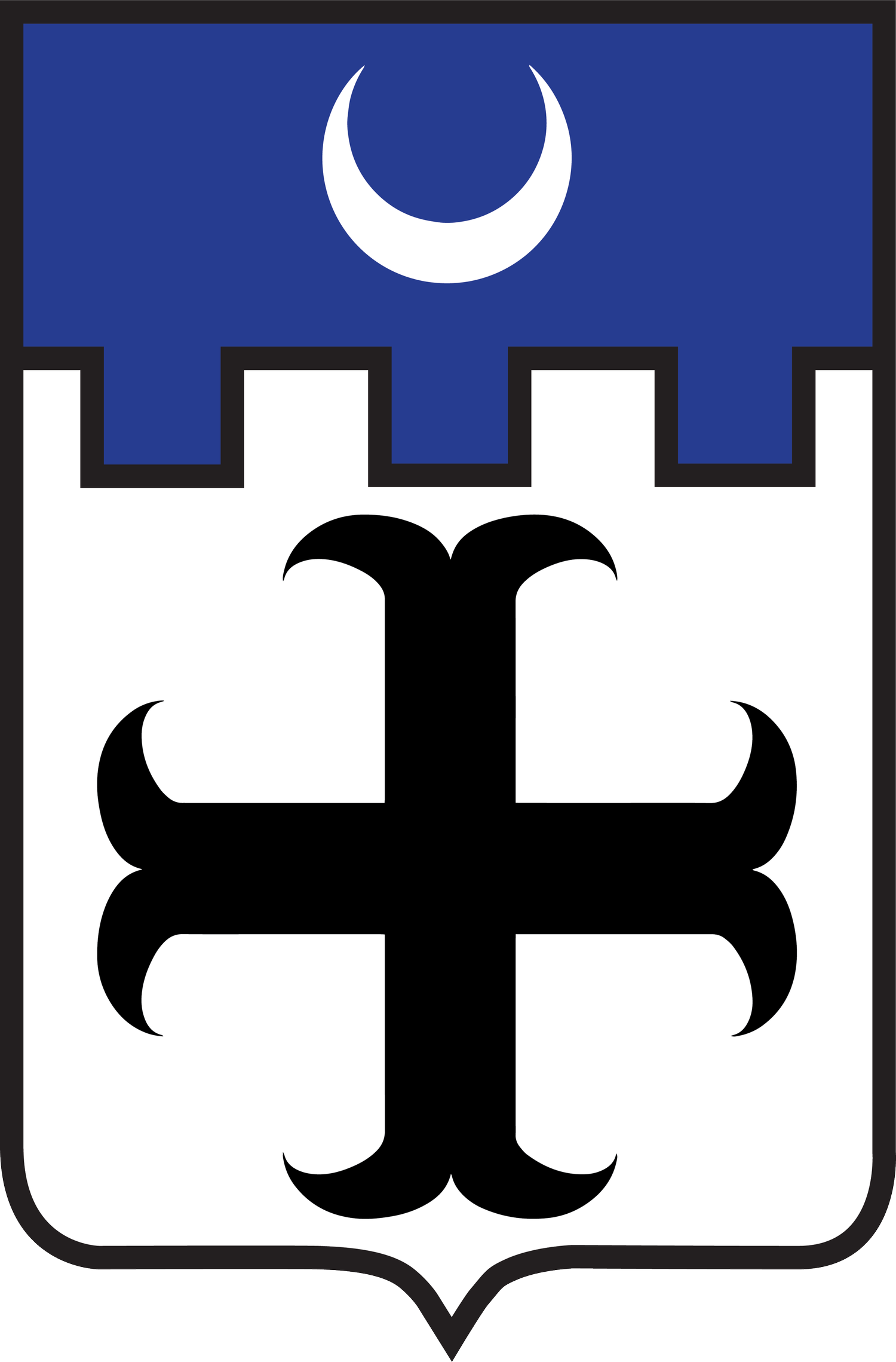The Art of Living: Responsibility
By Reid Bissen
Part III of IX in a series about Dietrich von Hildebrand’s work on moral virtue.
This article was originally published in our November 2024 Kansas Monks newsletter. Read the whole newsletter at www.kansasmonks.org/newsletter/november2024
Camm, Dom Bede OSB. (1906). The Voyage of the Pax. London, England: Burns and Oates. Illustration.
Imagine a seasoned navigator of a ship who looks to the stars to guide him and is able to recognize them with ease, knowing in what directions they point. In contrast, think of a green sailor who does not know how to read the stars in this way, and simply follows his gut when changing course. This latter sailor is unable to recognize and respond to reality. He is irresponsible, whereas the experienced sailor is familiar with the stars and each of their particular importance in the task of navigating. He follows something outside of himself, he has a posture of responsibility.
In the third chapter of Dietrich von Hildebrand’s dive into the foundations of Christian morality, our author takes a close look at where our sense of responsibility to do what is right comes from. Our moral lives work the same way as our two sailors. We must, like a navigator, always look to the stars of truth, goodness, beauty, and justice to guide us in making decisions. This will make for easy sailing, providing us with great clarity in times of moral ambiguity. However, if we—like the inexperienced sailor—stick with our gut, we will soon find ourselves tossed about by the winds of our own fleeting desires. Perhaps the worst outcome of this mindset is not that we are more likely to run aground morally, but that we think we are still the ones steering the ship. We’re asleep at the wheel and don’t even know it.
So, how do we begin? Hildebrand suggests we cultivate a sense for the moral weight of our decisions. In our culture, we often enshrine being “nice” as the height of moral perfection. What we often mean by this is that a person does not blatantly harm others. But can that person, for example, say that he is deeply and consistently honest? That he, in thought, word and action, looks to the star of perfect and complete honesty to guide him? This person (me) is irresponsible to the moral ideal of honesty and justice. He does not respond to it, because he only feels it to be pertinent to impactful situations, people he cares about, or when his reputation is on the line.
We ought to reflect on the fact that Truth, Goodness, and Justice are “bigger” than we are. I will die. Truth will not die. I will not be remembered, but honesty will always be revered. These moral values are not manufactured concepts that we can play with and twist to fit whatever our desired course of action is. A posture of humility in our moral lives will free us from our superficial wants and free us for growth in virtue, so we can fulfill the meaning of our lives in Christ. Often we inflate the importance of other circumstances when faced with a moral decision, rather than looking to undying values like Justice. We rationalize away the adequate moral response with considerations like, “It’s too late to apologize,” or, “It’s just a white lie.” Furthermore, if I make a habit of making these circumstances my primary consideration, when I do choose to be just, it will not be because I have an awareness of my responsibility to Justice, but because I have decided that my circumstances permit me to act justly. Perhaps I don’t care—just this once—if a delayed apology makes me look bad so I decide to say it. My heart is not set on justice for its own sake. The emphasis is still on me and my own desires.
Another attitude that will help us cultivate a greater sense of responsibility in our moral lives is taking our daily tasks seriously. Often, I cut corners in my duties because it’s “not a big deal”. Actually, it is a big deal. It isn’t a big deal because of the nature of the task itself, but because of the high value of honesty that I disregard when I decide to do a poor or incomplete job. The same can be said of our thoughts and words. Even though they do not affect reality in the same way actions do, they cannot be undone. A slight error in navigation can set a ship off course by miles if not eventually corrected; but the correction does not change the fact that the ship was travelling in the wrong direction for days, extending its voyage. Being more responsible to the stars—these eternal, moral values—will help us to be more aware of God’s presence, who is Justice, Goodness, Beauty, and Truth. And more, acting in accordance with this responsibility will help us to know him better.
Reflection Questions:
Reflect on a time when you faced a moral decision. What was your thought process like?
To what excuses do I turn to escape doing the right thing?
Where am I cutting corners in my daily tasks?


